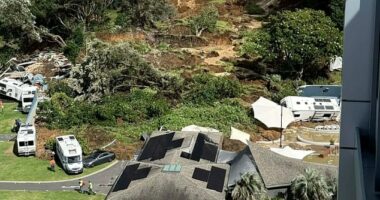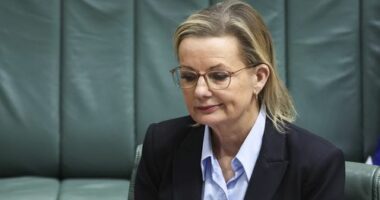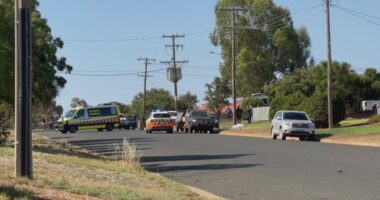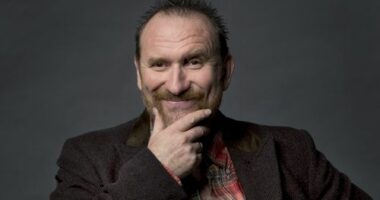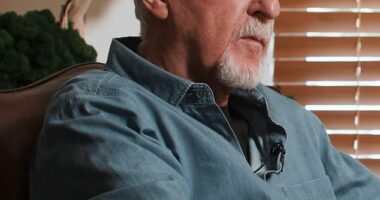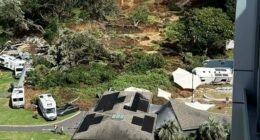Share this @internewscast.com
Sectors represented included banking, universities, mining and superannuation, and topics discussed included artificial intelligence and building and construction. Here are some of the key takeaways.
A ‘constructive’ mood and an address from the prime minister
“Political change, whether it’s in the economy, social policy or the environment, is likely to be more successful and more entrenched and more lasting when people come with us on that journey,” Albanese said.
Business Council of Australia chief executive Bran Black said unions had proposed charging employers a levy to provide skills, but businesses preferred an incentive for employers to bring on more apprentices.
‘Win-wins’ over cutting red tape on housing, environment
The treasurer promised “win-wins” over cutting red tape, with businesses and unions seemingly on the same page on the issue.
Not all were on board with the pause. Australian Council of Social Service chief executive Cassandra Goldie was concerned about it leading to poorer housing quality.
While business groups want the EPA to only deal with compliance and not project approvals, O’Shanassy said Australia needs an independent regulator that is held to account for the speed and quality of its decisions.
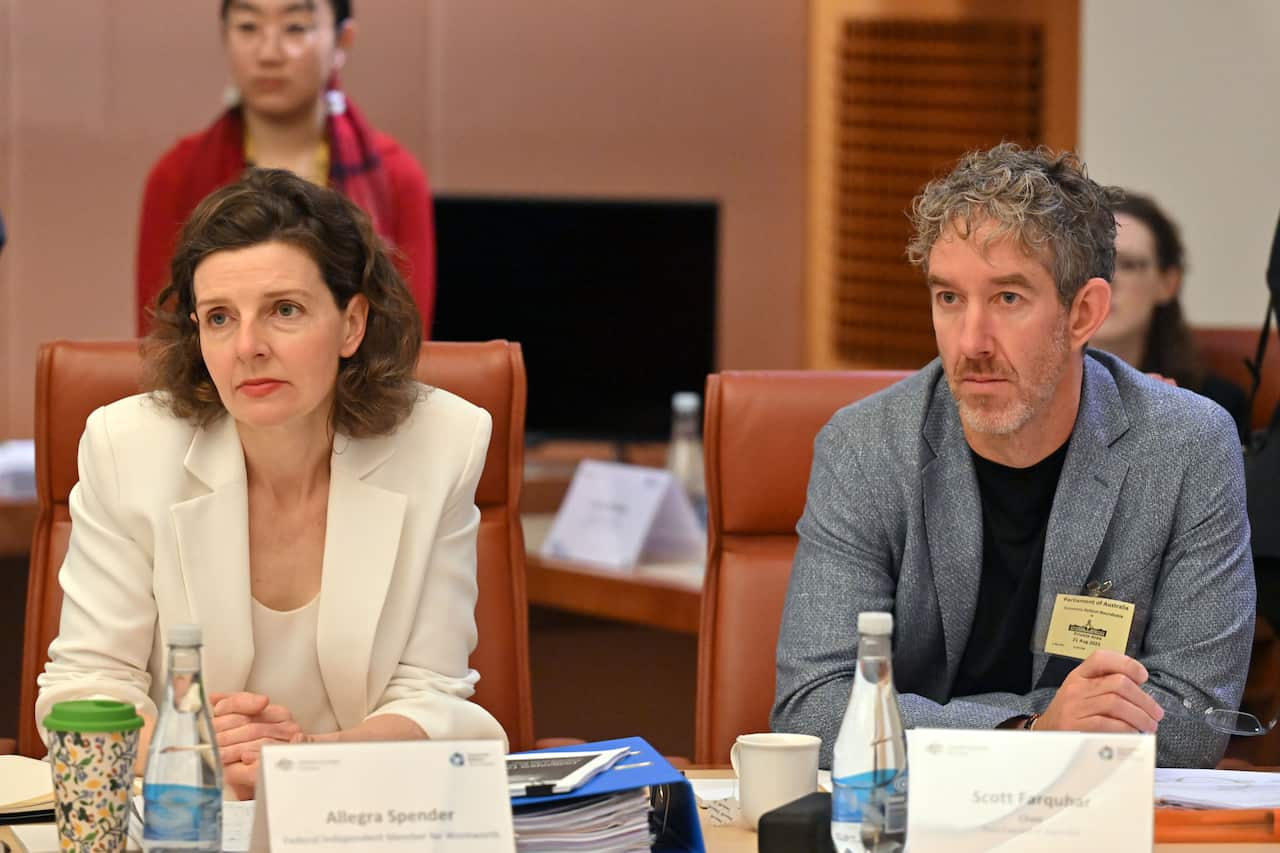
Independent MP Allegra Spender (left) said there was agreement around the need to train workers to adapt to the changing economy. Source: AAP / Mick Tsikas
Breakthrough model for artificial intelligence
“There’s agreement that we’re going to give this a real good go at coming up with a model that makes sure that people are actually paid for what they produce. So that’s a big thing,” McManus told reporters on the sidelines of the summit in Parliament House on Thursday.
Regulation of AI was a major dividing line between employers and unions heading into the roundtable, with the ACTU calling for the government to force employers to consult with staff before introducing AI tools to the workplace.
The union claimed victory on Thursday after Commonwealth Bank backflipped on a decision to make 45 call centre jobs redundant due to the introduction of a new AI-powered voice bot which the bank claimed would cut call volumes.
Tax and intergenerational inequality
The government went into the federal election in May promising not to make changes to negative gearing and the capital gains benefit, but forum attendees argued for reforms.

